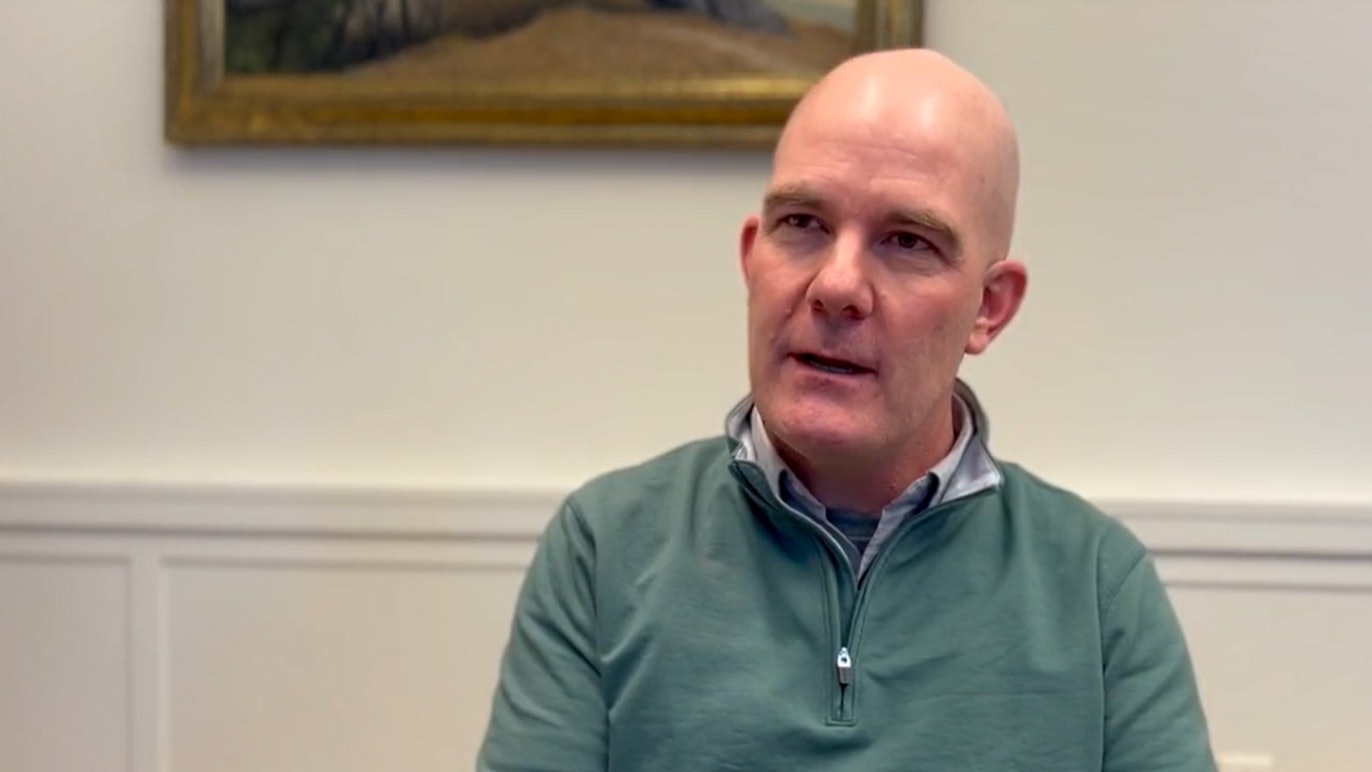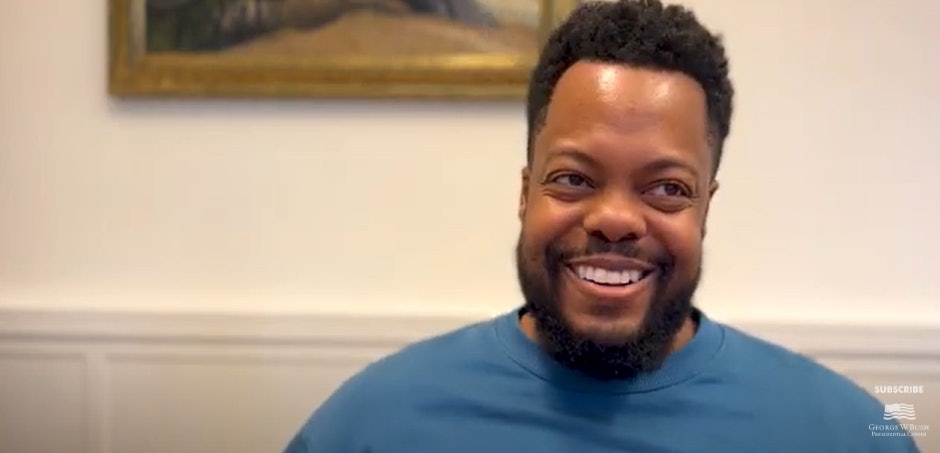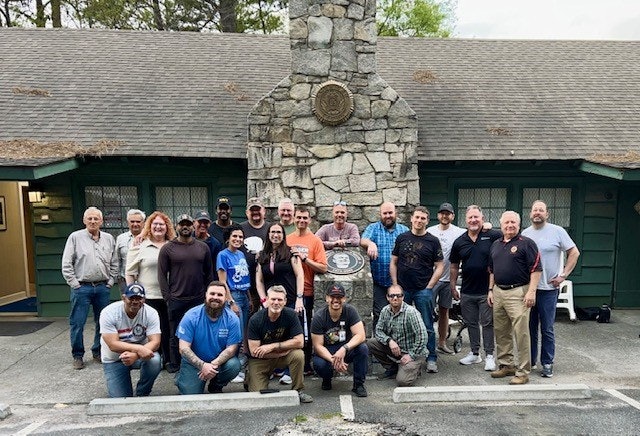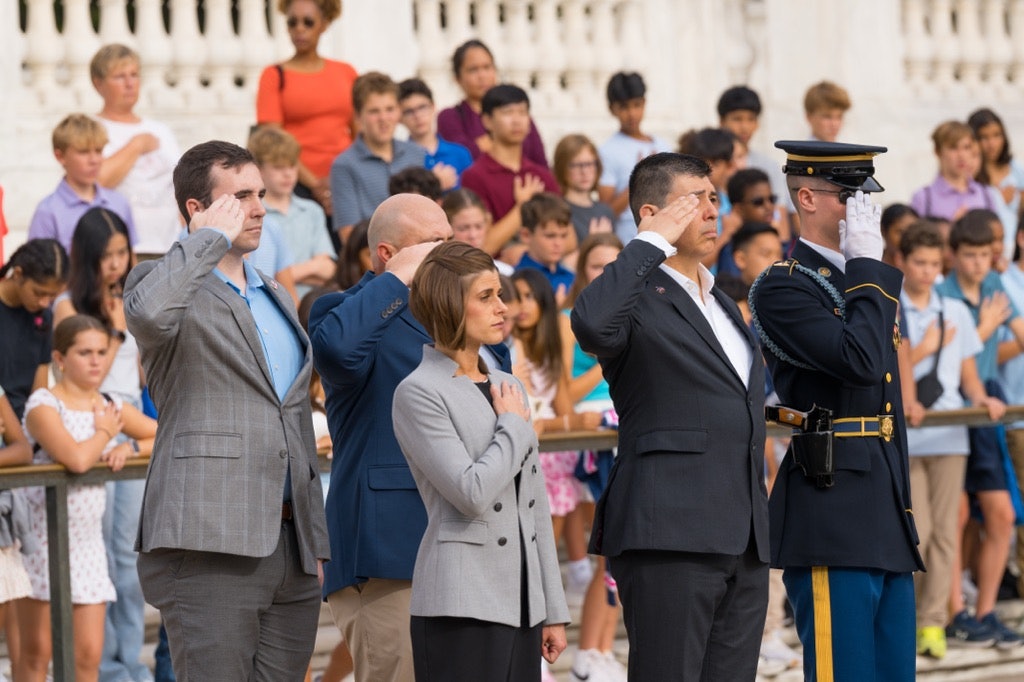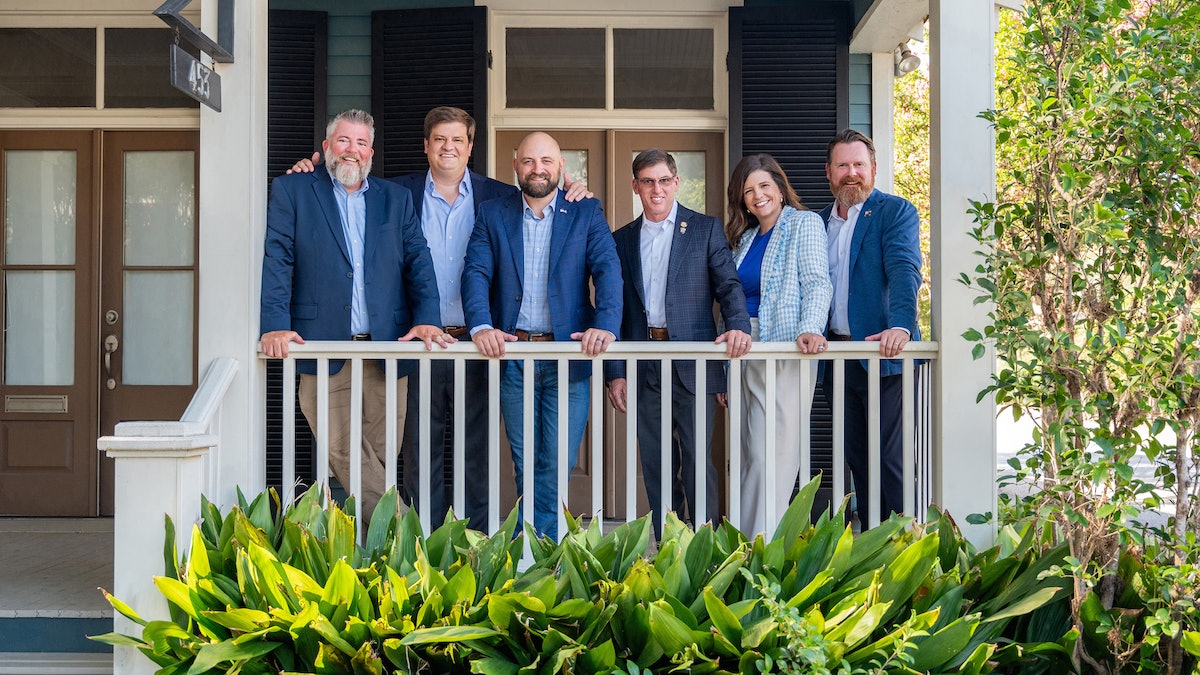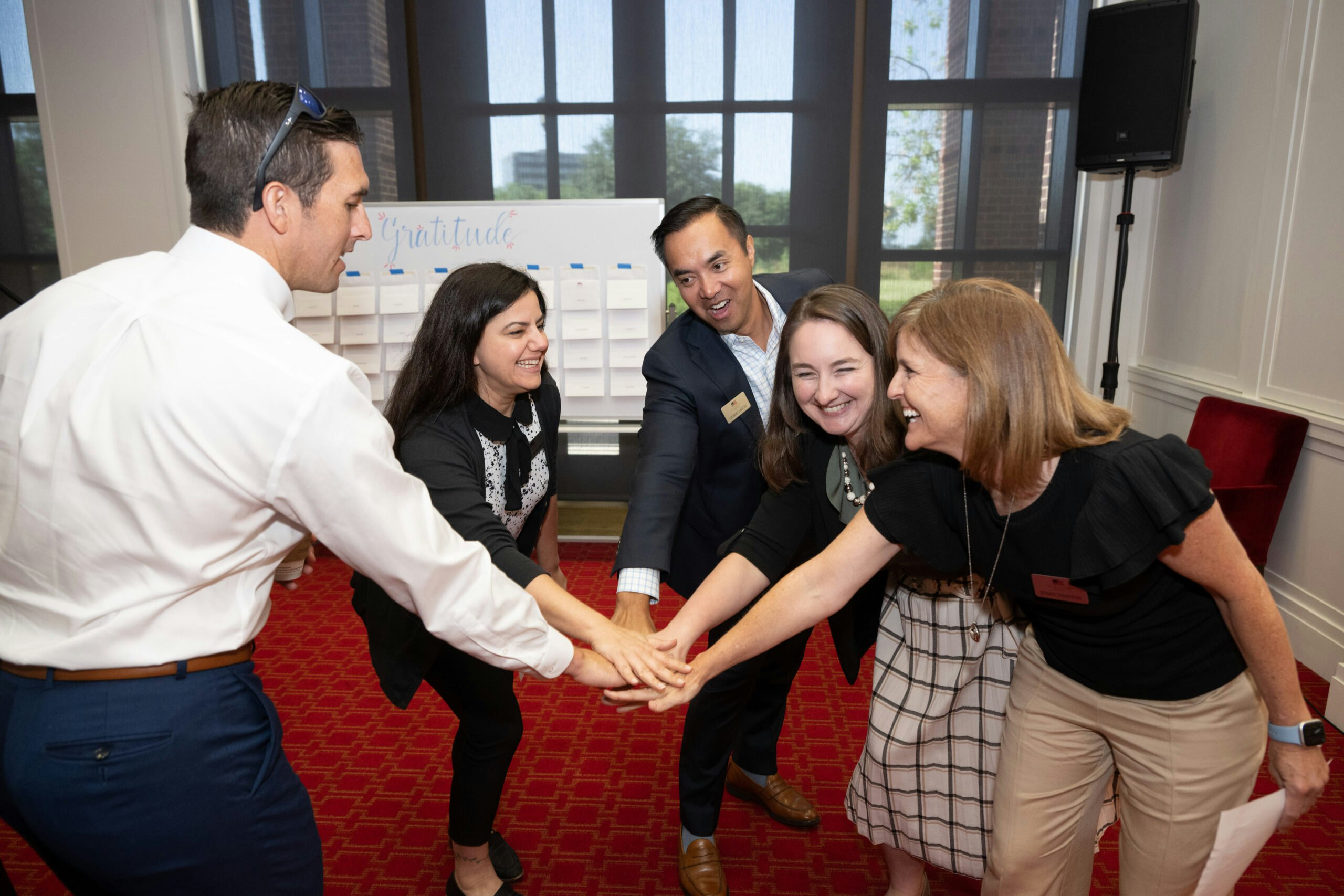A 2019 Stand-To Veteran Leadership Program scholar reflects on her participation in the program as a civilian.
Our current military is an all-volunteer force. Less than one percent of Americans currently serve in uniform and less than 10 percent of our country are veterans. Research shows that 84 percent of post-9/11 veterans say the public doesn’t understand the problems faced by those in the military or their families. Civilians agree—71 percent acknowledge a civilian-military divide exists.
I have worked with veterans for most of my career in the field of post-traumatic stress. But I am not a veteran. The George W. Bush Institute’s Stand-To Veteran Leadership Program seemed to be an obvious fit and a long-shot all at the same time. When I found myself sitting in a room with leaders from across the country working in the “veteran space,” I was awash with concern about my civilian status. I had read their bios. Most of them had served or were spouses of someone who did.
Would I be accepted? Should I be here? Has there been a mistake?
Spoiler alert: Yes. Yes. No.
Due to the program’s emphasis on building relationships within the cohort, there have been ample opportunities for me to share my non-veteran, non-military spouse identity. As we got to know each other, my concerns were alleviated. My acceptance was not hindered by my civilian status.
So, why am I writing this? Primarily, as a call-to-action and a gut-check for both veterans and civilians. We need more civilians who feel legitimized to work in the military and veteran space. The civilian world needs a larger awareness about our nation’s men and women who put on the uniform and their families who also served.
This lack of “cultural competence” has been documented as a problem for veterans seeking health care services in the private community. The increased emphasis on the Department of Veteran Affairs’ (VA) public-private partnerships necessitates more people like me, civilians, to learn about and work with veterans. Service of another fashion.
We can all agree that it does no good to demonize veterans. I would argue that idolizing veterans and thanking them for THEIR service can also widen the divide between civilians and military. While well-intentioned, it can stop the dialogue. Instead, what would it mean to say, “I’d really like to hear about your service” or “Please tell me about your time in the military?”
One of the goals of the Stand-To Veteran Leadership Program is to learn about the variety of factors that impact our country’s veterans, from economic opportunity to health and well-being. It is often noted that veterans’ issues are a microcosm of the same challenges faced by our entire country: issues like underemployment and stigmatized mental health needs.
I am grateful for the Bush Institute’s inclusion of my civilian self and the resounding support within my cohort—something that I have found from most veterans and family members whom I am trying to help. My personal commitment will be to unapologetically continue to serve veterans and their families, even though I am neither. One team, one fight.
Amy Williams is a scholar in the 2019 Stand-To Veteran Leadership Program and the Clinic Director at the Steven A. Cohen Military Family Clinic at Metrocare, an outpatient mental health clinic focused on helping post-9/11 veterans and military families.






